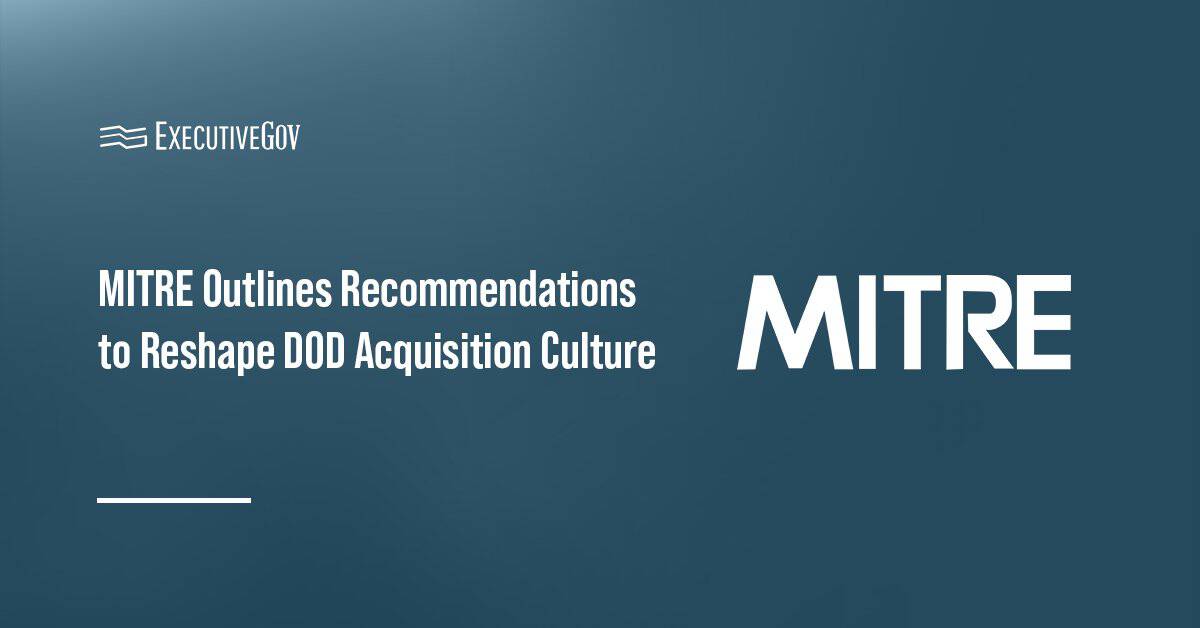MITRE has released a paper outlining seven actionable recommendations intended to address the challenges in the Department of Defense’s acquisition system.
The report, Bridging the Gap Between Authority and Execution in Transforming the Warfighting Acquisition Workforce, argues that culture, incentives and workforce behavior must align with reform efforts aimed at accelerating the delivery of warfighting capabilities.
Table of Contents
What Challenges Have Slowed Past DOD Acquisition Reforms?
According to the report, the DOD’s acquisition system remains heavily compliance-driven, which discourages risk-taking and slows innovation. Short leadership tenures prevent lasting cultural change, while tools designed for speed, such as the Middle Tier of Acquisition, or MTA, pathway, have become burdened with additional requirements and legacy acquisition processes, making them nearly as slow as the traditional Major Capability Acquisition, or MCA. Additionally, the separation between operational users and acquisition teams limits feedback and hinders reform efforts aimed at enhancing acquisition and contracting processes.
What Are MITRE’s Recommendations for Defense Acquisition Reform?
MITRE outlines several key actions to strengthen the acquisition workforce and accelerate capability delivery:
- Revise audit protocols to promote calculated risk-taking.
- Coordinate efforts between acquisition and operations to enhance mission-driven collaboration.
- Enable leadership at every level to champion cultural change.
- Grant MCA programs greater flexibility to adjust baselines in response to requirements changes.
- Shift from continuous analysis to streamlined analysis of alternative, or AoA, studies to fast-track MCA progress.
- Optimize the MTA framework to accelerate capability deployment.
- Provide programs with tools and guidance to refine acquisition strategies.





